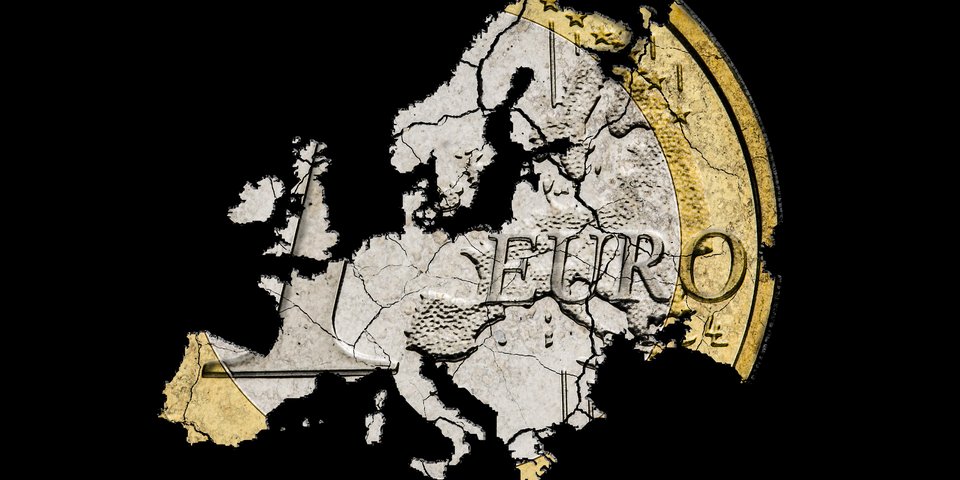 iStockphoto/martinwimmer
iStockphoto/martinwimmerPensions: no one-size-fits-all solution
EU Expert Group on Pensions publishes final report
JS – 03/2020
The High-Level Expert Group on Pensions was established in 2018 with representatives
from academia, pension institutions, social partners and the European Insurance
and Occupational Pensions Authority (EIOPA).
The group was tasked with examining the provision of
occupational and private pensions in the Member States and making recommendations for action at EU and national
level.
The Expert
Group published its final report in February.
In terms of the recommendations put forward, the Expert Group notes that
there is no one-size-fits-all solution that is suitable for all Member States. The pension systems of the individual countries, financial
capacities (of
countries, employers and individuals) and the interrelationships between statutory,
occupational and private pensions are too diverse for this.
The key recommendations of the Expert Group include the
following:
- When reforming their pension systems,
Member States should ensure there are appropriate legal frameworks (social, labour and tax law) and take a long-term,
holistic approach to developing multi-tier pension systems.
- Member
States should provide financial and regulatory incentives which encourage the social partners to set up collective pension plans that ensure risk is shared between
members, while
respecting the autonomous competences of the social partners and sponsoring companies.
- With regard to occupational pensions,
pension credits should
be granted for periods spent bringing up children and other caring activities. In
addition to securing pension entitlements, this is intended to encourage the equal
sharing of child-raising and caring responsibilities between men and women.
- Member
States should provide tax and/or financial incentives for supplementary pensions that meet certain
minimum quality requirements, at both saving and pay-out phases. These incentives should reflect the diversity of pension
types and the related social policy of a Member State.
- The
EU, the Member
States and the social
partners should develop cost-effective tools and methods to assess the
vulnerability of European pension funds to long-term environmental and
social sustainability risks.
- The
EU should establish a regular multi-stakeholder forum for structured
exchange between social partners, pension providers, beneficiary representatives,
independent experts and EU pension authorities.
The complete final report can be read here.
